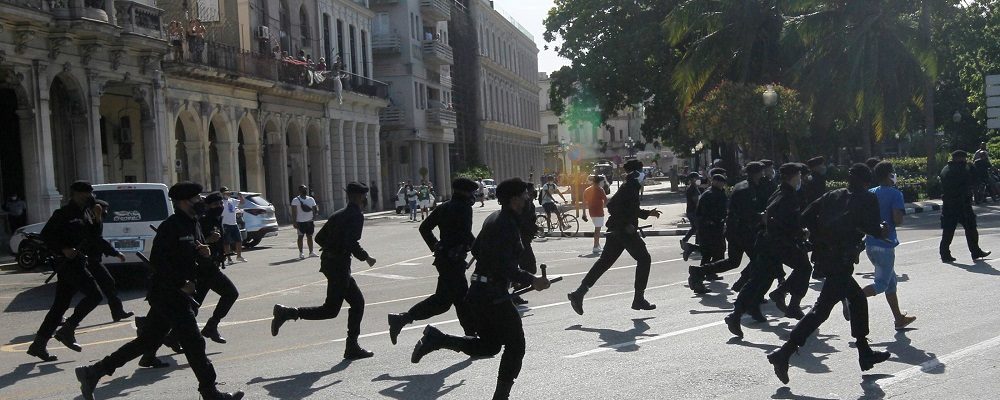

(Reuters)
Protests in Cuba will increase the risk of COVID-19 transmission because of an already high level of cases and the more contagious Delta variant, health officials said on Wednesday (July 14).
The Pan American Health Organization (PAHO) urged Cubans and tourists visiting the Caribbean nation to avoid crowds, wear masks and frequently wash hands.
“The gathering of individuals for protests… increases the risk of transmission, in particular in cases such as Cuba where you have active transmission in many areas over the last week and 34,244 new cases reported,” said Dr Ciro Ugarte, PAHO’s director of health emergencies.
He said in northern Matanzas province, the more contagious Delta variant had been identified and cases were rising exponentially. The area is also popular with tourists, he noted.
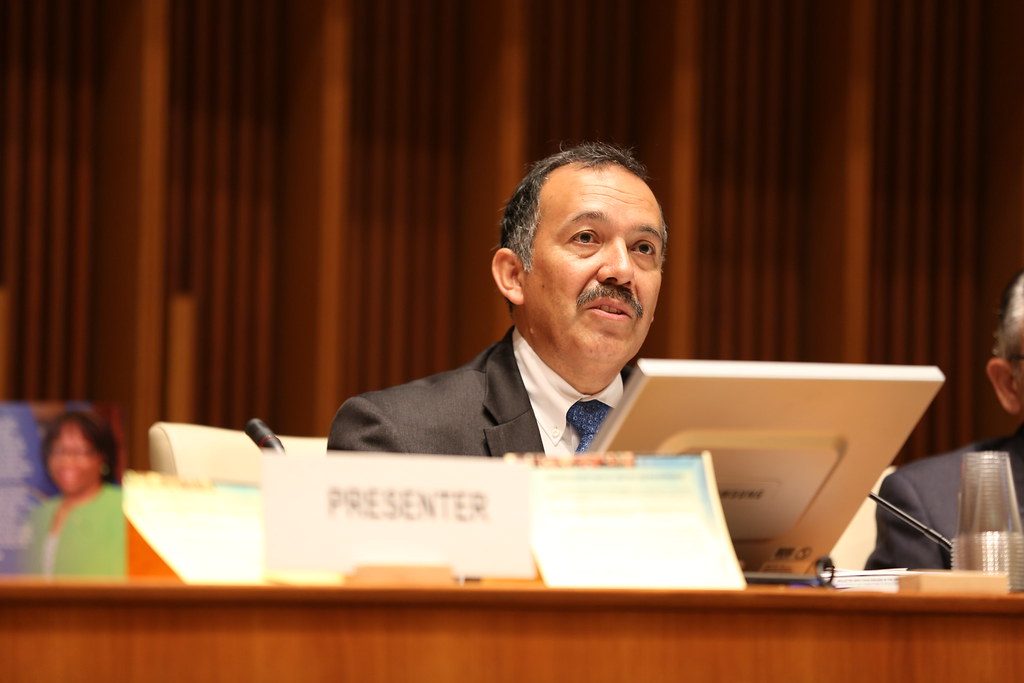
Since Sunday (July 11), thousands in the Communist-run country have protested against a deep economic crisis that has seen shortages of basic goods and power outages. They were also protesting against the government’s handling of the coronavirus pandemic and curbs on civil liberties.
Cuba’s government has said the demonstrations were orchestrated by the United States and blamed the decades-old U.S. trade embargo for shortages.
PAHO Director Carissa Etienne said COVID-19 cases in the Americas were down 20 per cent, but infections were spiking in some parts of the United States, Mexico, El Salvador, Guatemala, Cuba, the British Virgin Islands, Argentina and Colombia.
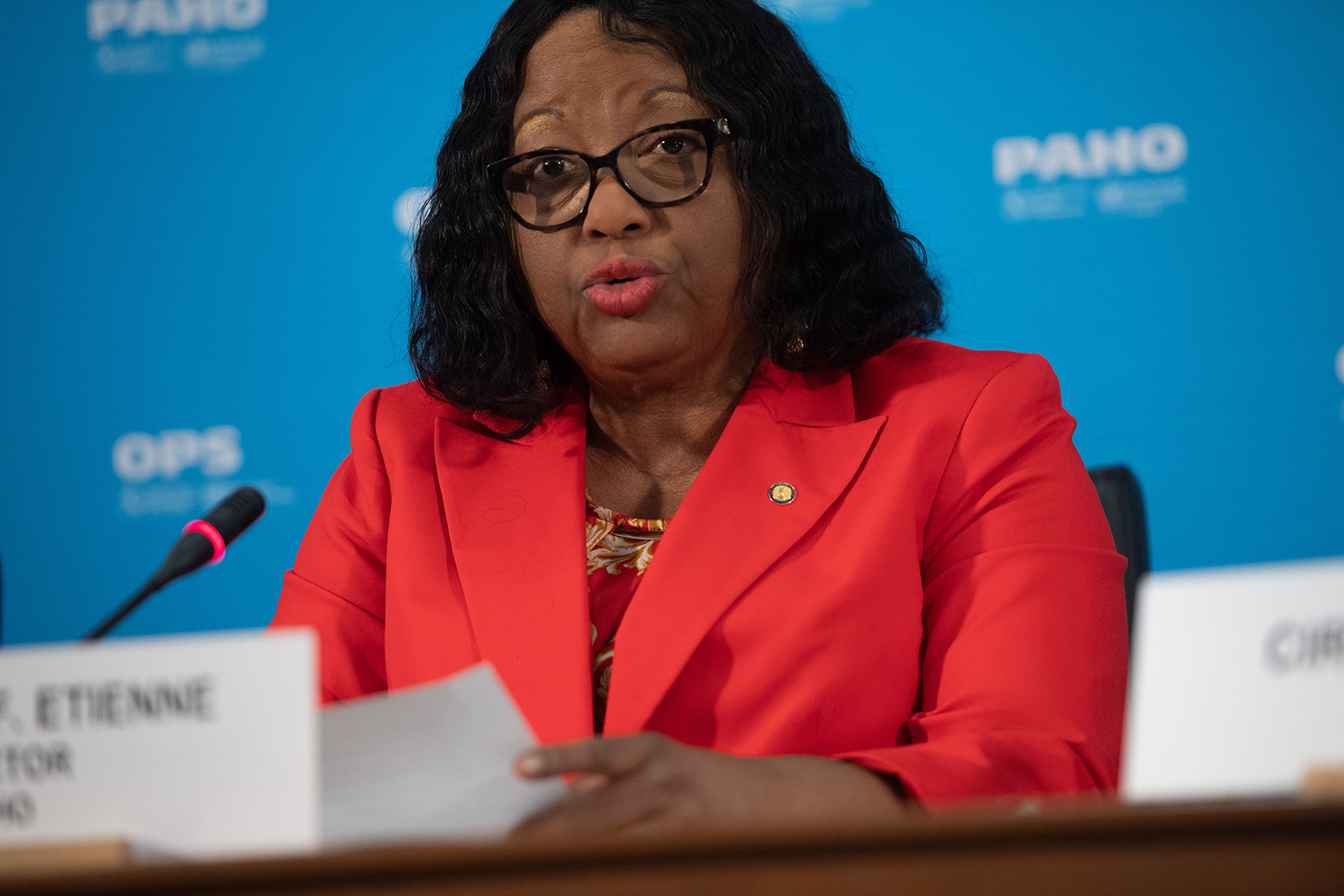
She said without access to vaccines, the virus would ravage Latin America “for years to come.”
Only one in seven people in Latin America and the Caribbean have been fully protected against COVID, she noted, with Paraguay and Jamaica inoculating less than three per cent of their populations so far, and Honduras and Guatemala yet to protect even one per cent.
Ugarte said Cuba had given more than three million people at least one dose of its home-grown vaccines, or 27 per cent of the population. He said PAHO understood the vaccine’s efficacy in trials stood at between 91 per cent and 92 per cent but that final data on its effectiveness among the population would be key.

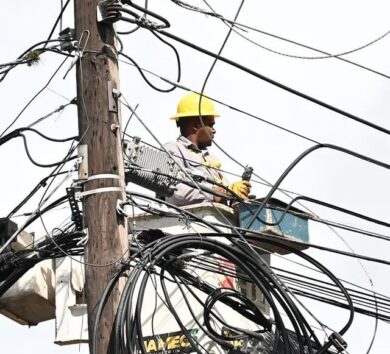
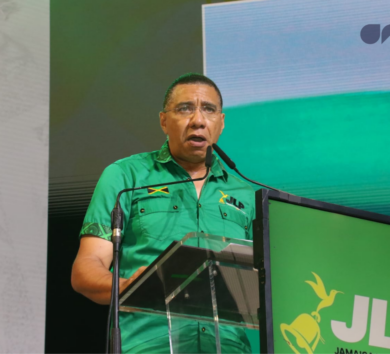




Comments